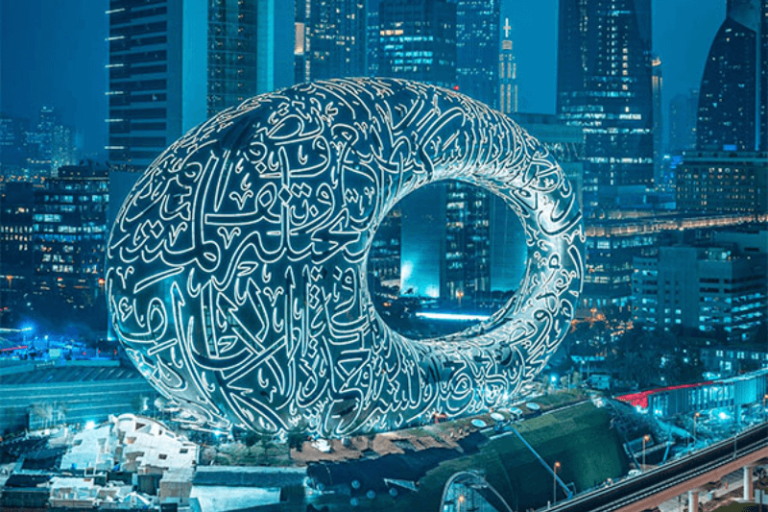

The United Arab Emirates (UAE) has firmly established itself as a world leader in industrial performance, thanks to sound government strategies and ambitious growth targets. Keen to diversify its economy and reduce its dependence on oil, the UAE is positioning itself as a hub for the industries of the future. Here are the key points that underline this transformation:
The UAE occupies a prominent place on the global industrial competitiveness stage, ranking 27th in UNIDO’s Competitive Industrial Performance Index. Initiatives such as ‘Make it in the Emirates’ and the national ‘In-Country Value’ (ICV) programme have significantly boosted local production capacity. These strategies not only better support local businesses, but also attract international investment, demonstrating the UAE’s commitment to a diversified economy.
The United Arab Emirates’ Operation 300bn initiative aims to triple the industrial sector’s contribution to GDP, from AED 133 billion in 2021 to AED 300 billion by 2031. In parallel, Abu Dhabi’s industrial strategy aims to double the size of the manufacturing sector to AED 172 billion. These ambitious targets reflect the UAE’s determination to become a central player in global industrial markets.
The United Arab Emirates is focusing on value-added sectors that are key to sustainable growth. Key industries include
By prioritising these sectors, the UAE aims to build a more resilient economy while creating employment opportunities for its citizens and residents.
The United Arab Emirates’ favourable investment climate is reinforced by high levels of foreign direct investment (FDI), a strategic location and a strong logistics infrastructure. By 2023, FDI inflows had reached an estimated US$30.69 billion, making the UAE a destination of choice for international investors. Economic hubs such as Dubai and Abu Dhabi, with free zones such as DMCC, Jebel Ali Free Zone and KEZAD, offer an ideal environment for business operations.
The UAE government actively encourages industrial growth through initiatives such as revised tax rates, streamlined business procedures and world-class infrastructure. Industrial clusters such as TA’ZIZ and KEZAD offer specialised support to various sectors, encouraging local and foreign investment.
The UAE offers a wide range of market entry opportunities for foreign investors. These include
The future of the UAE’s industrial landscape is promising, with continued growth in FDI. The Government aims to attract $150 billion in FDI by 2031, leveraging the resilience and dynamism of the UAE’s business ecosystem. While the region continues to evolve, the UAE stands out as a hub for the industries of the future.
By taking advantage of these benefits, Pakistani companies can leverage the dynamic UAE market to strengthen their global presence.
The 2025 edition of AFCON will be hosted by Morocco which serves both the high-level competition and as a catalyst…
The Christian community marks Good Friday as its deepest holiday to remember when Jesus died at Calvary. The Christian community…
Art has the potential to take the talents from any regions across the globe, and this world has witnessed one…
Thousand of users worldwide face a discontinuation of WhatsApp services on older Android versions as Meta has officially announced this…
Disaster teams in KwaZulu-Natal stand ready to respond to persistent rainfall while drivers should approach roads with care. According to…
Starlink the satellite internet company by Elon Musk is growing fast in Africa. It now works in more than 20…
This website uses cookies.